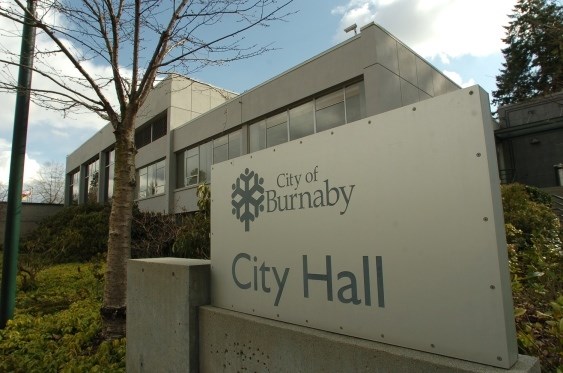It’s not the ending the City of Burnaby was hoping for.
On Monday, the B.C. Court of Appeal ruled in favour of the National Energy Board (NEB) after a two-and-a-half-year legal battle with the city on whether the NEB can override municipal bylaws.
The matter goes back to 2014 when Trans Mountain work crews started cutting trees in the conservation area on Burnaby Mountain for field studies, a move that violated Burnaby’s bylaw but was sanctioned by the NEB.
The city responded by launching an appeal in the Federal Court of Appeal and a B.C. Supreme Court case seeking an injunction against the company. The latter was denied, and the former ruled in Trans Mountain’s favour. When that happened, city council quickly approved a resolution to appeal the court decision.
When the NOW spoke to city lawyer Greg McDade last December, he remained optimistic the appeal decision would come down in the city’s favour because of a Windsor, Ont. Supreme Court of Canada ruling. In that case, a federally incorporated transportation carrier refused to cooperate with Windsor’s bylaws and the top court sided with the city over the issue of jurisdiction and ruled that the case should be heard in provincial court.
“That’s effectively what we’re trying to do. When we argue about whether the pipeline has to follow municipal bylaws, do we get a fair hearing in B.C. superior courts or are we in front of a tribunal who only cares about pipelines?” McDade said at the time.
In her ruling on Monday, Justice Lauri Ann Fenlon said the Windsor case was not similar to Burnaby’s.
“The company in Windsor was not seeking to exercise a right granted by a federal statute which brought it into conflict with municipal bylaws. Rather, it argued that the Federal Court had jurisdiction to hear the dispute simply because the dispute involved a federal undertaking,” read the judgment.
“The present case is readily distinguishable from Windsor. Unlike the company in Windsor, Trans Mountain applied under s. 73 of the NEB Act, ‘an Act of Parliament,’ to enforce its right to enter onto municipal land to conduct its work in relation to the expansion project.”
Mayor Derek Corrigan couldn’t comment too much on the ruling, as he hadn’t been briefed by the city’s legal counsel by press time. He said, however, he was disappointed to hear the news.
“I really thought that this time the court would take notice of the recent decision of the Supreme Court of Canada in regards to Windsor. I’ll be interested in seeing what exactly the reasons were for that.
“They (the courts) have a great deal of faith in the National Energy Board, and that the NEB has the best interest of Canada in mind in its ruling, and unfortunately, that hasn’t been true. Even the prime minister recognized that and said he was going to change the system. This is one of those residual decisions that comes out of an acknowledged flawed process and yet that doesn’t appear to be part of the consideration of the Court of Appeal,” said Corrigan.
The City of Burnaby still has a case before the Federal Court of Appeal, which challenges the federal government’s approval of the Kinder Morgan project and the NEB process.



